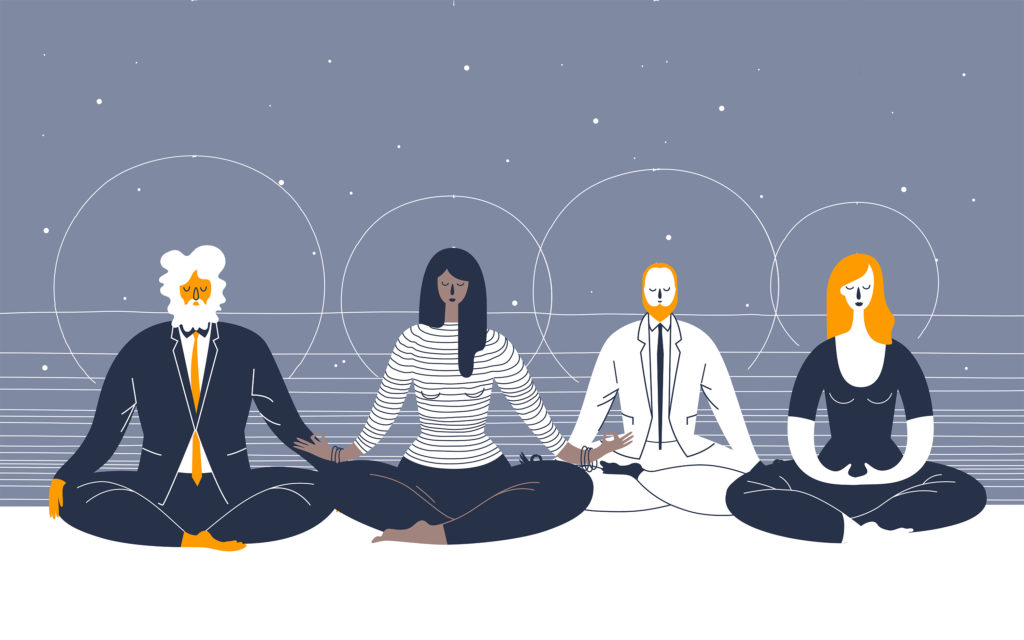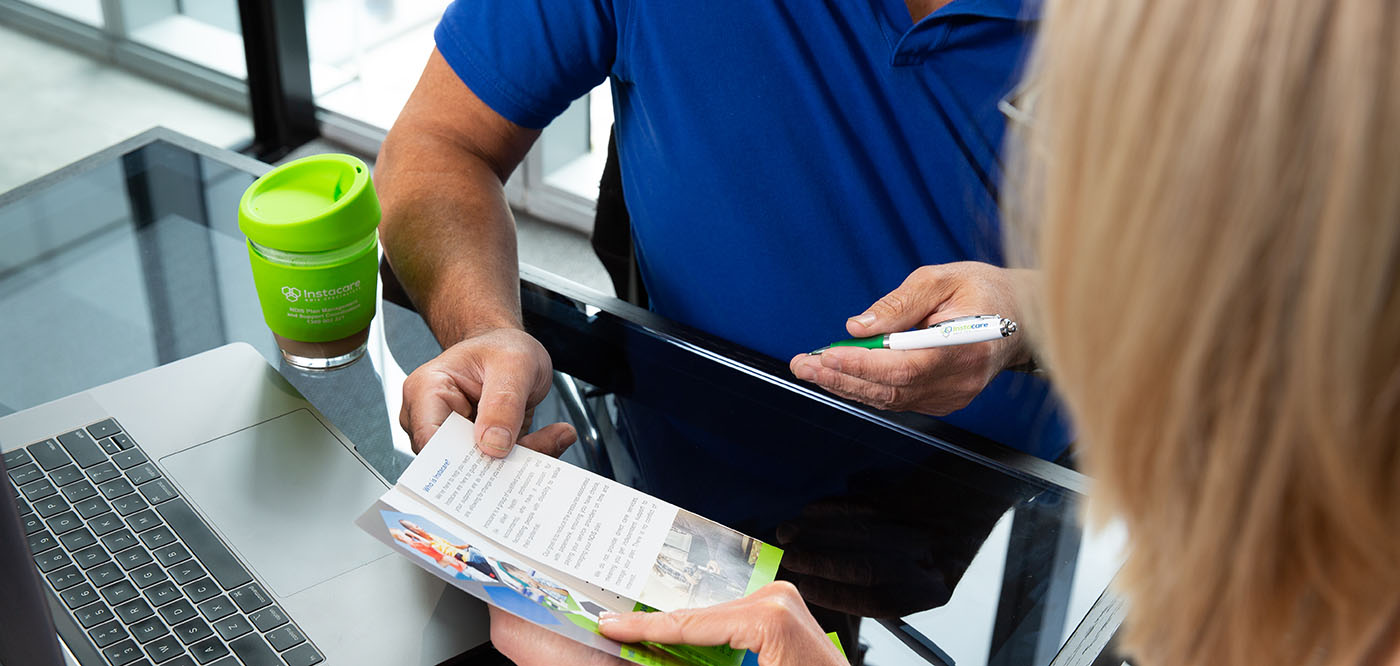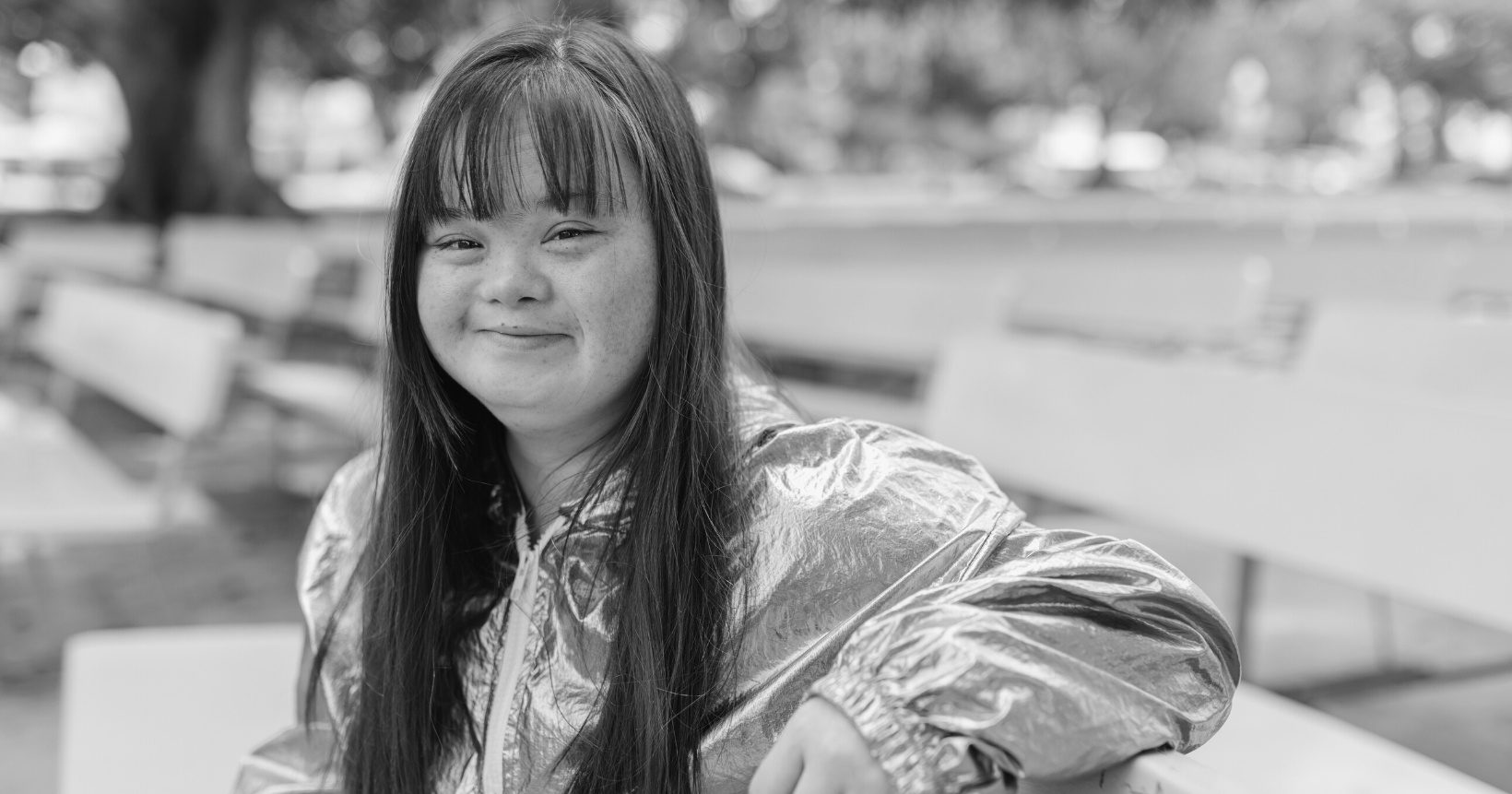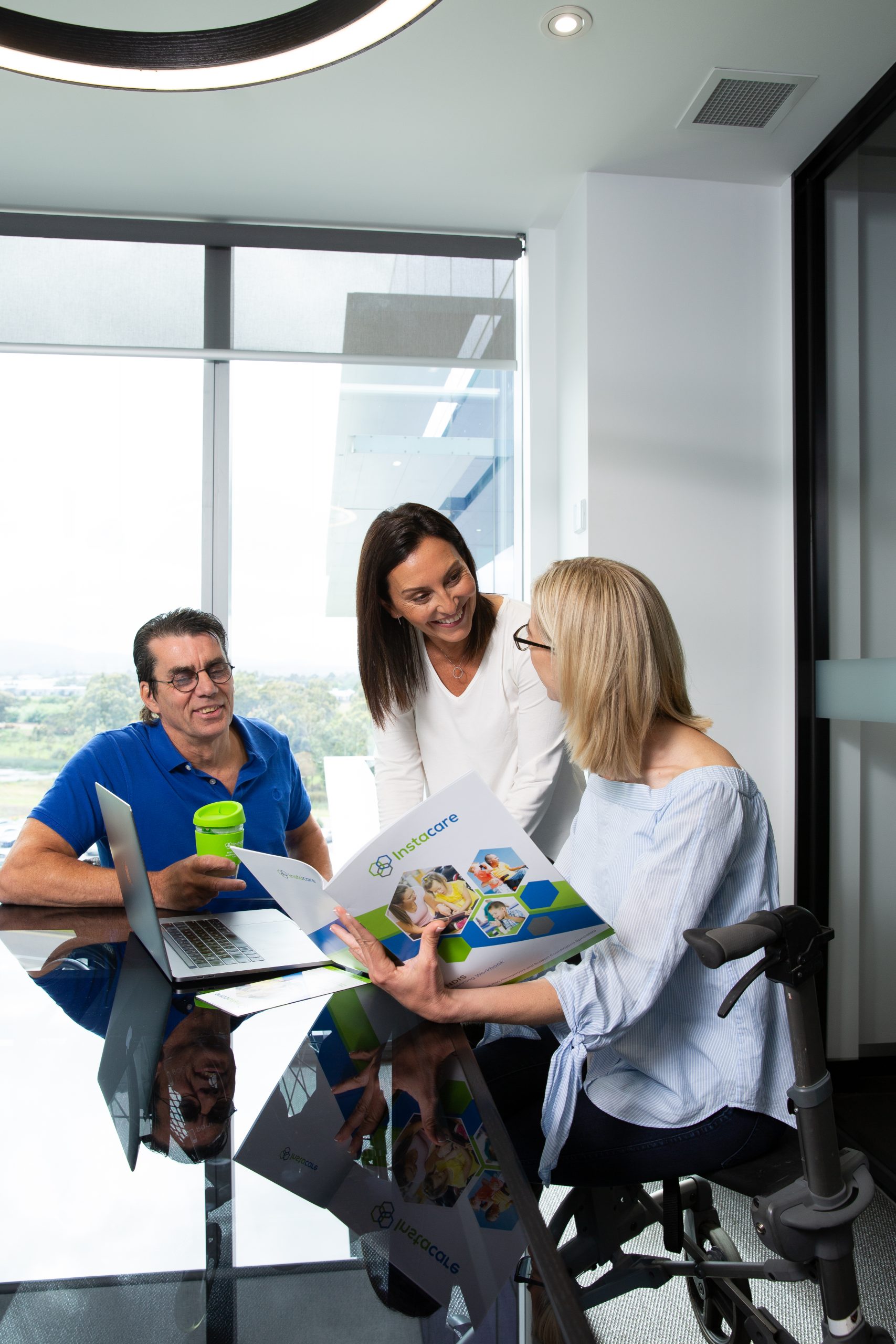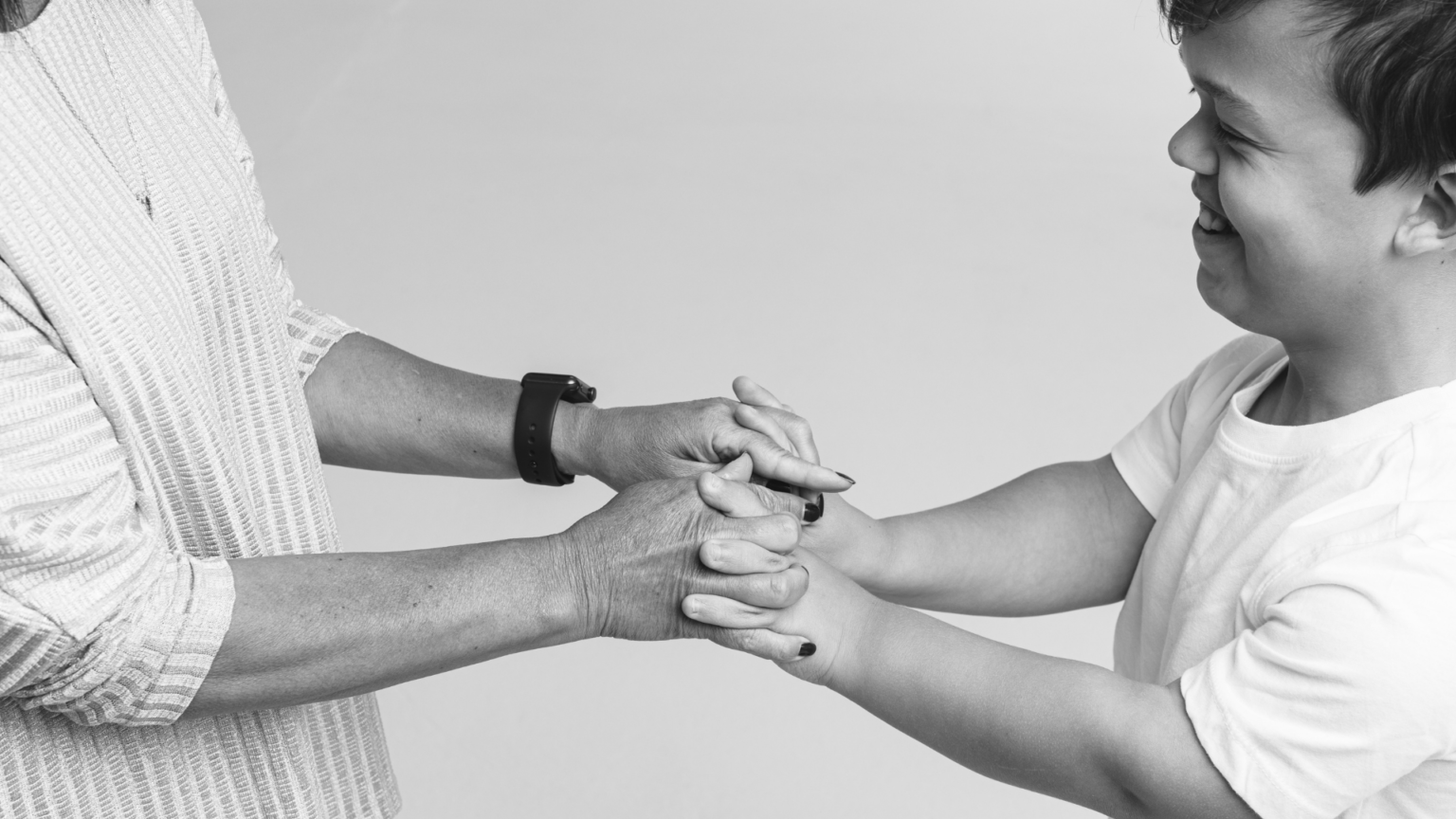How mindfulness can change your everyday life?
There’s no question about it – we’re living in unprecedented times. Nobody could have predicted the impact COVID-19 would have on the world. Whether culturally, physically, economically or mentally, we’ve all been affected in some way. Such sudden, serious lifestyle changes can be difficult to deal with. Maybe you’re experiencing anxiety about your health, the future of society, or your job security. You’re not alone. There are ways to ease the impact of your thoughts and worries.
Understanding mindfulness meditation
In recent years, people have become more aware of the benefits of mindfulness meditation. As stresses, tensions and anxieties rise, the need to manage these problems becomes more prominent. For people living with a disability, this time may be especially difficult. The everyday stress of managing an NDIS plan along with COVID-19 worries may be overwhelming.
Through meditation, you will practice being present. You will learn how to deal with unwanted thoughts, worries about the future, mental health concerns and negative self-talk. You will learn to live in the moment, notice what really matters, and focus your energy in positive ways. If you’re interested in learning about how mindfulness can change your everyday life, read on.
Tackle racing thoughts
Racing thoughts are a common and debilitating problem for people living with anxiety. Racing thoughts are typically negative and cycle quickly, jumping from one bad thought to another in rapid succession. These thoughts may follow a pattern or be completely random. Most of the time, the person experiencing racing thoughts feels they have no control over what they are thinking.
With meditation, you can’t completely abolish racing thoughts, but you can change how you let these thoughts affect you. You will learn to let the thoughts pass by, and acknowledge them for what they are – disjointed fragments of memory, and not always reflective of reality. Tackle your racing thoughts and you will understand true peace, calm and clarity.
Perform better at work or daily tasks
Anxious thoughts, worries and negative self-talk can damage your work performance, or discourage you from completing daily tasks. A lack of confidence and focus in the workplace may be detrimental to your career and your relationships with your workmates.
Connect with your true self
In the struggles of daily life, many people feel they are disconnected from who they truly are. Their wants and desires have taken a backseat to the demands of everyday tasks. Through mindfulness meditation, you will learn to reconnect with your inner self. You’ll learn to focus more on what you want for yourself, and less on what others tell you. You’ll set boundaries and detach yourself from the negative energies in your life.
Learn techniques to deal with life’s pressures
Through regular mindfulness meditation, you’ll learn imperative life skills. You’ll be able to call upon your knowledge in times of pressure and stress, allowing you to handle the problem calmly and with laser-like focus.
You don’t have to go it alone
So you’re interested in mindfulness meditation—but what exactly is it? How can you begin? It might seem overwhelming, and especially if you suffer from racing thoughts and worries, it can seem impossible to get started. The idea of sitting silently and listening to your thoughts may be daunting.
Thankfully, you don’t have to figure it all out alone. Tami Roos, a mindfulness meditation coach and empowerment master with over 20 years of experience, has created an intensive program to help you manage your journey. Tami’s ‘Love Your Mind’ program provides access to her expert advice, monthly group discussions, community forums, guest speaker presentations, and much more. ‘Sandcastles‘, a similar program to ‘Love Your Mind’, has also been purposefully designed to support both parents and children ages 4-12 years old.
People who use the NDIS program for support may be struggling during this difficult time. Again, you don’t have to go it alone. Instacare’s support coordination initiative helps people act independently, contribute to their community, and focus on themselves.

